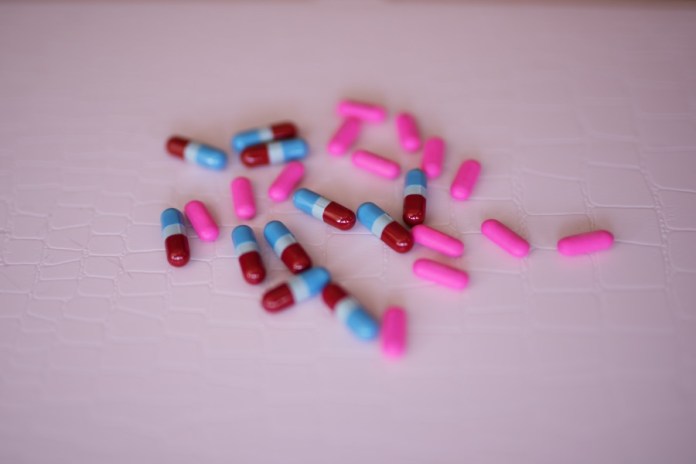Artificial intelligence has continuously made a name for itself in various fields through revolutionizing different operations in terms of speed, accuracy effectiveness and efficiency.
This groundbreaking technology has proven to be quite useful in the drug development industry.
Recently, the University of North Carolina based at Chapel Hill Eshelman School of Pharmacy made headlines for creating an artificial intelligence(AI) approach that cannot only train itself to create new drug molecules from the initial process but also expedite the design of new drugs.
The AI system, which is known as ReLeaSE or Reinforcement Learning for Structural Evolution operates as a computer program and algorithm that consists of two neural networks, which can be viewed as both a student and teacher.
As the teacher, it knows the linguistic and syntax rules surrounding the vocabulary of chemical structures, particularly for nearly 1.7 million well-known biologically active molecules. On the other hand, the student learns over time in a bid to become better when it comes to proposing molecules that maybe used as drugs
Mariya Popova, Olexandr Isayev and Alexander Tropsha as well as the entire UNC Eshelman School of Pharmacy pride themselves for creating the ReLeaSE. Aside from University applying for a patent for their revolutionary technology, the team behind the creation of the system published a proof-of-concept study in the Science Advances journal.
Alexander Tropsha asserted that can create new molecules or words when they compare their approach to a language learning process, then do it again after the student learns understands the rules of the language and the molecular alphabet. He also said that in case the new molecule has the desired effect and is realistic, the teacher approves. As such, the teacher disapproves it does not have the desired effect, which forces the student to not only to avoid bad molecules but also develop good ones.
ReLeaSE acts as a powerful invention to virtual screening, which is the computational technique that is broadly utilized by the pharmaceutical industry in identifying viable medicine candidates. Virtual screening enables scientists to assess existing large chemical libraries, even though this approach only works effectively for known chemicals. What’s more, ReLeaSE boasts a unique potential in creating and evaluating new molecules.
According to Olexandr Isayev, a scientist who uses virtual screening is synonymous to the case of a client ordering service in a restaurant. He added that what the customer can order is usually determined by the menu. In addition, Isayev said that the team at the University of North Carolina based at Chapel Hill Eshelman School of Pharmacy intends to provide scientists with not only a grocery store but also a personal chef who can cook any meal they want.
The team at UNC has utilized ReLeaSE to create molecules using their specified properties including safety and bioactivity profiles. In fact, it leveraged the system in designing molecules that boast customized physical properties such as solubility in water and melting point as well as designing new compounds that boast an inhibitory activity against a leukaemia-related enzyme.
Source Phys.org




















